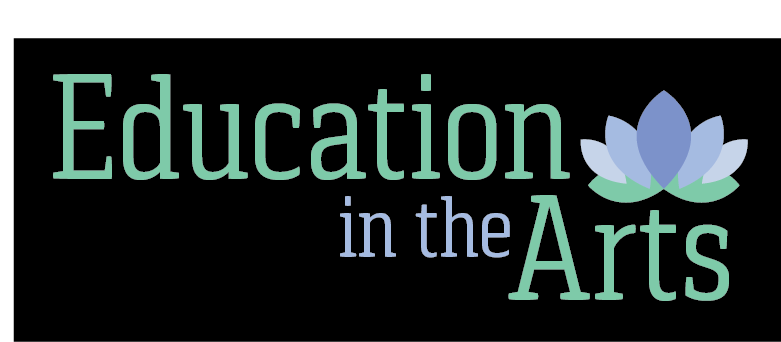About
Why Education in the Arts? It was created because of my passion for the arts, education and kids. So who am I? A wife, a mom, a grandma, a teacher and more. I taught Preschool, Kindergarten, First and Second grades, English as a Second Language to students K-12, and home-schooled my own children (not all at the same time). I am very decided about what a good curriculum is and what it is not (there are plenty of both out there) so I have created some lesson plans to fill a need where I thought there was one. Plus, it is just fun to do! To give you an idea of what a I think about certain schools of thought, take a look at these myths I feel I need to quell:
- “English is so hard because it doesn’t follow rules.” Nope! English is very organized and decipherable! Many people just don’t understand how to do it. Having a good English teacher in high school helped me immensely (shout out to Mr. Dalley!), but many people are not so fortunate. Learning another language (Spanish) also helped me to understand how English is put together. Lastly, I have come in contact with a variety of really good curricula for teaching language whose principles I have adopted and adapted, picked from and reworked to make what I consider an excellent program for English language learners.
- “Art Appreciation means art has to be analyzed.” Nope! Art needs to be enjoyed, not picked to pieces! If a person over-analyzes a painting, sometimes it becomes tedious and disagreeable. Art is enjoyed differently by each individual and it is the teacher’s job to bring to light some lovely details so that the student can have their own personal experience with the artwork. If the student loves a painting, art will be appreciated and he/she will study more about the artist and the painting without compulsion or boredom.
- “Classical Music is boring.” Nope! Classical Music (i.e. Music from the Baroque, Classical and Romantic Eras) is rich and powerful! A student just needs to be guided through a piece, and hear the story it tells. Help them hear the “words” that the song repeats. Older children can learn about the instruments and hear the stories of the composers.
- “Poetry is too hard to understand.” Nope! Poetry is language condensed with all unnecessary words eliminated. It is the sweetest of the sweet as far as language is concerned. Lead them through a poem bit by bit. Have them memorize, and even write their own poetry.
That is me. Principled and passionate. Here is how I look. The handsome guy with me is my husband, Brian:

